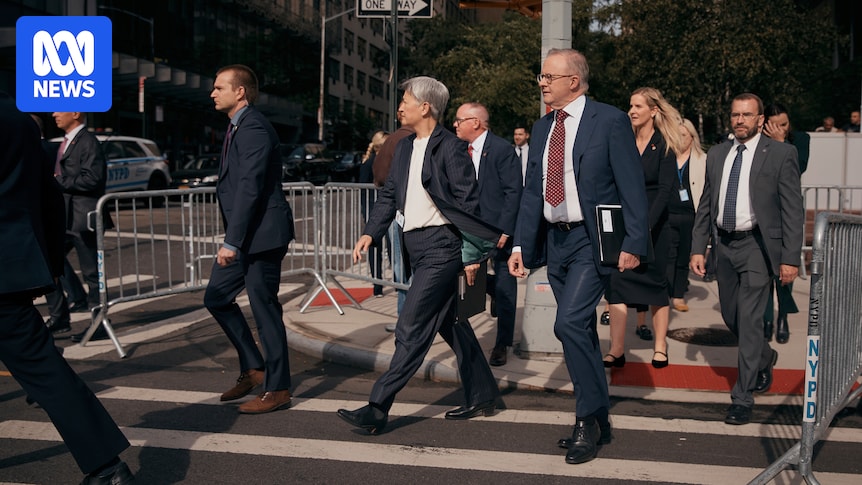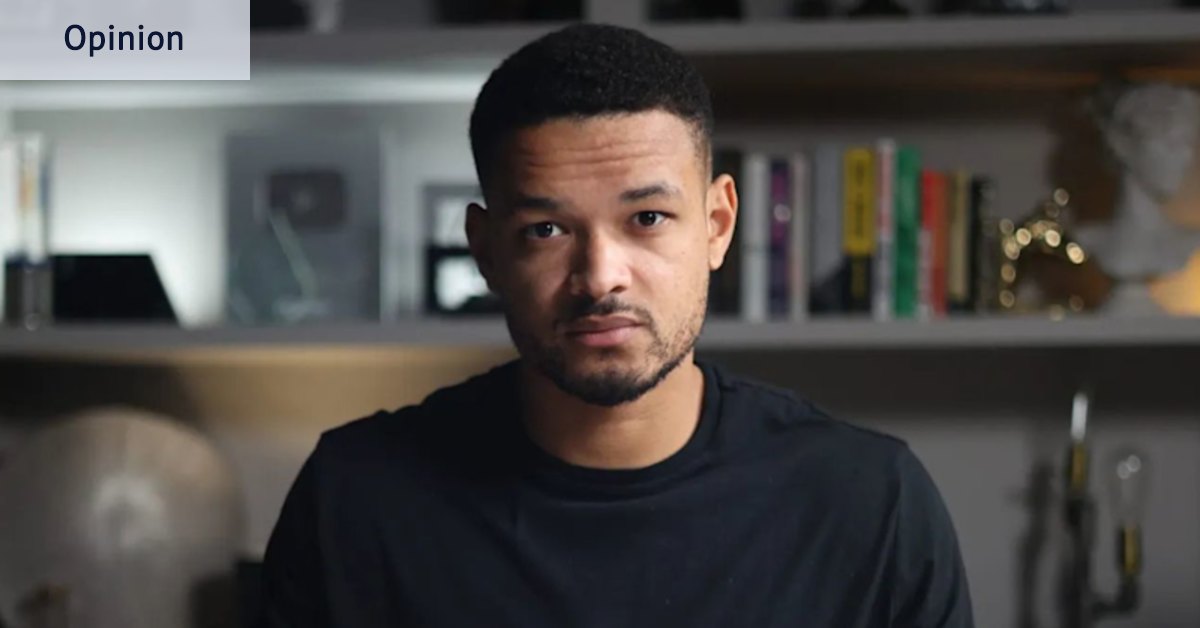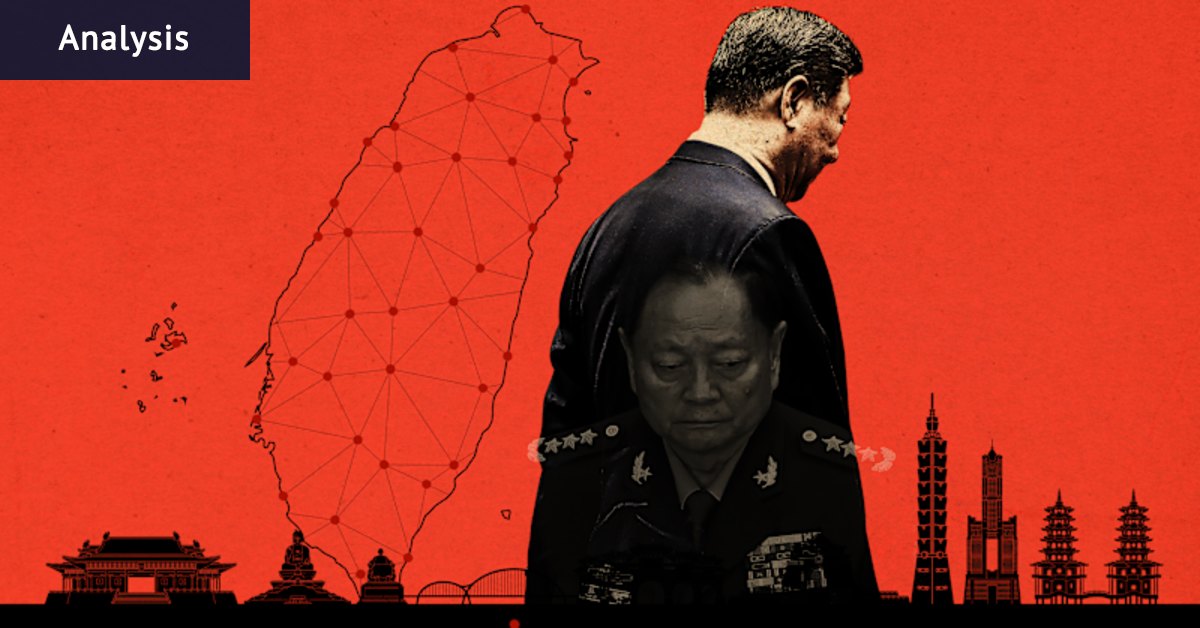
World leaders have converged on New York City for the annual High-level Week at the United Nations General Assembly. Among the attendees is Australian Prime Minister Anthony Albanese, marking his first participation in this global forum. The event promises a packed schedule of diplomatic engagements and critical discussions on pressing international issues.
Potential Trump-Albanese Meeting
Amid political pressures following a diplomatic setback in Canada earlier this year, Prime Minister Anthony Albanese’s team is working diligently to secure a meeting with former U.S. President Donald Trump. The meeting is anticipated to occur on the sidelines of the UNGA, although the specifics remain uncertain. Both leaders have expressed intentions to “see” each other, but whether this will materialize into a formal bilateral meeting or a more casual encounter is still unclear.
“We’ll see each other in New York — he’s hosting a reception on Tuesday night of next week,” Albanese mentioned in a recent interview with ABC radio, referring to a function hosted by Trump for global leaders.
On Saturday, Trump stated he would meet with “probably 20” world leaders during the summit, though he did not specify names. “Everybody wants to meet, but I’m one person,” Trump remarked. “I’m going to meet with some of the majors.”
“It’s probably the most consequential meeting between an American and Australian in living memory,” former deputy secretary of state Kurt Campbell noted in Sydney last week.
At the forefront of Albanese’s agenda is the AUKUS security and submarines deal, which is currently under review by the Pentagon. While details of the review remain sparse, some U.S. media outlets suggest the pact is secure. Trade and tariffs also feature prominently, though hopes for significant exemptions from Trump’s import taxes have diminished over time.
Western Recognition of Palestine
In a move that diverges from U.S. policy, several Western nations, including Australia, the UK, and Canada, have issued a declaration formally recognizing Palestine as a sovereign state. This decision aligns with 147 of 193 UN member states that have already recognized Palestine.
The Palestinian Authority has reciprocated with commitments to governance reforms, demilitarization, and general elections. However, the U.S. remains opposed to this recognition, citing concerns over rewarding Hamas. In contrast, French President Emmanuel Macron argues that recognition is the “best way to isolate Hamas.”
Polling indicates a majority of Americans support recognizing Palestine, yet the U.S. government remains resistant.
Despite U.S. opposition, 145 countries voted to allow Palestine to participate in the summit virtually, following the denial of visas for Palestinian officials. The West’s support for Palestine has been galvanized by Israel’s intensified actions in Gaza, which a UN commission of inquiry has labeled as genocide.
Response to Russian Aggression
This year’s UN General Assembly marks the fourth session since Russia’s invasion of Ukraine. Ukrainian President Volodymyr Zelenskyy is expected to meet with Trump, seeking support for increased sanctions against Russia. Meanwhile, Russian Foreign Minister Sergei Lavrov is scheduled to meet with U.S. Secretary of State Marco Rubio, according to Russian media.
Trump has advocated for a meeting between Zelenskyy and Russian President Vladimir Putin, claiming Putin had agreed to such a meeting during a recent phone call. Trump has also urged countries to penalize Russia by boycotting its oil exports.
Albanese’s UN Debut and Policy Promotion
For the first time, Prime Minister Albanese will deliver Australia’s statement at the UN General Assembly, a role traditionally held by the Foreign Minister. His address is expected to reaffirm Australia’s commitment to global peace and cooperation, alongside its new emissions reduction target and social media regulations.
Australia aims for a 62-70% reduction in emissions from 2005 levels by 2035.
Albanese will also host a forum promoting Australia’s upcoming social media ban for users under 16, a policy drawing international interest. The EU, Greece, and Fiji are among those considering similar measures.
Accompanied by Communications Minister Anika Wells, Energy Minister Chris Bowen, and Foreign Minister Penny Wong, Albanese will seek to garner international support for these initiatives.
The UN General Assembly this week serves as a critical platform for addressing global challenges and fostering international collaboration. As leaders navigate complex diplomatic landscapes, the outcomes of these discussions could have far-reaching implications for international relations and global policy directions.





